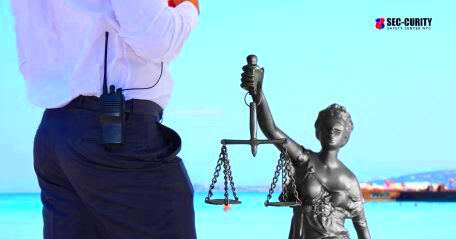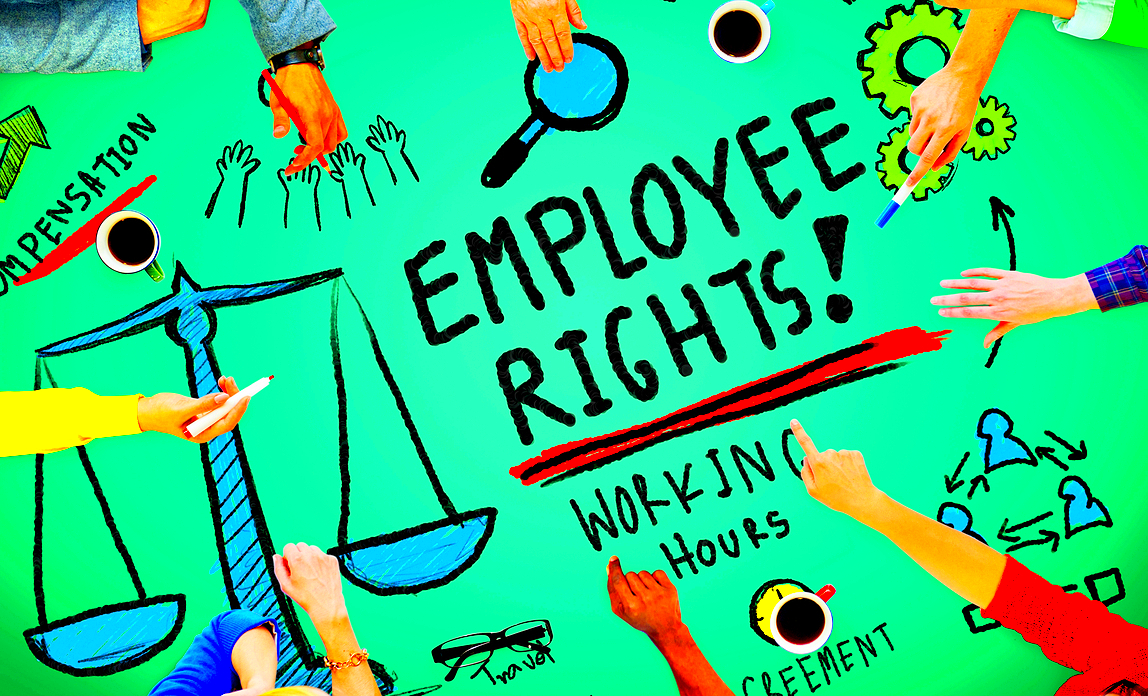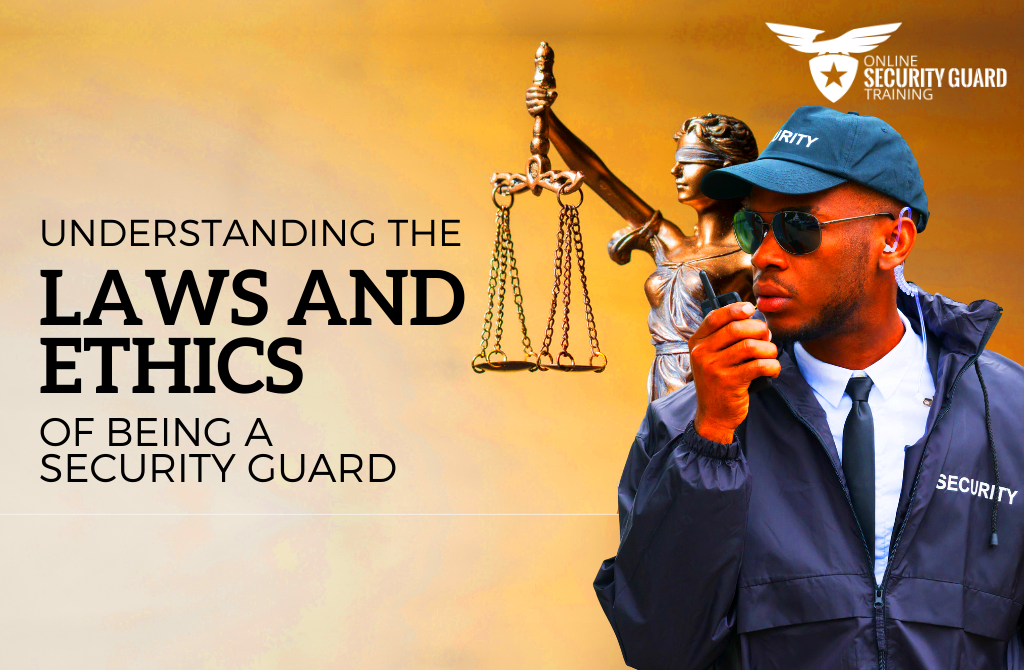Labor Laws for Security Guards and What Employers Must Know
Labor laws play a crucial role in ensuring fair treatment and rights for security guards. These professionals work in various settings, from retail stores to high-security facilities. Understanding these laws is essential for both security guards and their employers. They help establish standards for wages, hours, and working conditions, ensuring a safe and fair work environment.
Understanding the Role of Security Guards

Security guards serve an essential function in protecting people and property. Their responsibilities can vary widely based on their job location and specific duties. Here are some key roles security guards typically undertake:
- Monitoring: Keeping an eye on surveillance cameras and observing surroundings to detect suspicious activities.
- Patrolling: Regularly walking or driving around assigned areas to deter criminal activity.
- Responding to Incidents: Quickly reacting to emergencies, such as thefts or altercations, and alerting the authorities if needed.
- Reporting: Documenting incidents and providing reports to supervisors to maintain a record of events.
- Customer Service: Assisting customers and employees with questions or concerns, providing a friendly and safe environment.
By fulfilling these roles, security guards contribute to the safety and security of their workplaces and communities. However, their work can come with unique challenges that are important to address through appropriate labor laws.
Key Labor Laws Impacting Security Guards

Various labor laws specifically affect security guards. Understanding these laws helps ensure both guards and employers are compliant and aware of their rights and responsibilities. Here are some of the most significant laws:
- Fair Labor Standards Act (FLSA): This federal law establishes minimum wage, overtime pay, and recordkeeping standards. Security guards are often eligible for overtime pay if they work over 40 hours a week.
- Occupational Safety and Health Act (OSHA): OSHA mandates that employers provide a safe working environment. Security guards should be trained in emergency procedures and provided with necessary safety equipment.
- Family and Medical Leave Act (FMLA): This law allows eligible employees to take unpaid leave for family or medical reasons while ensuring job protection.
- State Labor Laws: Many states have additional laws that may provide further protections for security guards, such as specific wage requirements and additional workplace safety regulations.
Employers must stay informed about these laws to avoid penalties and ensure fair treatment of their security staff. Understanding these regulations is vital for fostering a positive work environment.
Minimum Wage and Overtime Requirements

One of the most critical aspects of labor laws for security guards is the minimum wage and overtime requirements. The Fair Labor Standards Act (FLSA) mandates that most workers, including security guards, receive at least the federal minimum wage. As of now, this amount is $7.25 per hour, but many states have set higher minimum wages to reflect the cost of living.
Security guards often work long hours, and understanding their rights regarding overtime is essential. Under the FLSA, any eligible employee who works over 40 hours in a week is entitled to receive overtime pay at a rate of one and a half times their regular hourly wage. Here’s a quick breakdown:
- Regular Hourly Rate: $15 per hour
- Overtime Rate: $22.50 per hour (1.5 x $15)
Employers must keep accurate records of hours worked and ensure that employees receive proper compensation. Not only does this create a fair working environment, but it also helps avoid potential legal issues. Understanding these minimum wage and overtime rules helps security guards advocate for themselves and ensure they are paid fairly for their hard work.
Break and Meal Period Regulations
Break and meal periods are essential for maintaining the well-being and productivity of security guards. Depending on state laws, security guards may be entitled to specific breaks during their shifts. Here’s how it generally works:
- Short Breaks: Many states require employers to provide paid breaks for every four hours worked. This is typically a 10 to 15-minute break.
- Meal Breaks: For shifts longer than six hours, employees are often entitled to an unpaid meal break, usually around 30 minutes to an hour.
Employers are encouraged to establish clear policies regarding break times and ensure that employees are aware of their rights. Having regular breaks can help prevent fatigue and improve job performance, leading to a safer work environment for everyone. Security guards should feel empowered to take their entitled breaks, as these moments of rest are vital for their physical and mental health.
Worker Rights and Protections
Security guards have specific rights and protections under labor laws to ensure their safety and fair treatment. These rights are designed to empower workers and provide a foundation for a respectful workplace. Here are some critical rights every security guard should know:
- Right to Fair Pay: Security guards should be compensated fairly, including receiving overtime pay for extra hours worked.
- Right to a Safe Work Environment: Employers must adhere to safety regulations set by OSHA, ensuring guards have the necessary training and equipment.
- Right to Organize: Workers have the right to join unions or organize for better working conditions and pay without facing retaliation.
- Right to Report Violations: Security guards can report any workplace violations without fear of losing their job or facing discrimination.
Understanding these rights is vital for security guards to advocate for themselves effectively. Employers should foster a culture of respect and openness, encouraging guards to speak up about any concerns. By knowing their rights, security guards can help create a healthier and more productive work environment.
Employer Responsibilities and Compliance
Employers have a crucial role in ensuring compliance with labor laws affecting security guards. Understanding these responsibilities not only protects the guards but also the employer from potential legal issues. First and foremost, employers must ensure that they are paying their security staff at least the minimum wage and providing appropriate overtime pay. Here are some key responsibilities:
- Proper Classification: Employers must correctly classify security guards as either exempt or non-exempt under FLSA guidelines to determine their pay and overtime eligibility.
- Recordkeeping: It’s essential to maintain accurate records of hours worked, pay rates, and any breaks taken. This documentation is vital for compliance audits.
- Workplace Safety: Employers should provide a safe working environment, including necessary training and equipment. Regular safety drills and training programs can help ensure guards know how to handle emergencies.
- Anti-Discrimination Policies: Employers must enforce policies that prohibit discrimination and harassment, creating a respectful workplace for all employees.
By adhering to these responsibilities, employers can foster a positive work environment, which can lead to higher job satisfaction and lower turnover rates among security staff. Compliance not only helps protect the workforce but also enhances the company’s reputation in the industry.
Common Issues Faced by Security Guards
Despite the importance of their work, security guards often face various challenges that can affect their job satisfaction and performance. Here are some common issues they encounter:
- Low Pay: Many security guards report receiving low wages that do not reflect the level of responsibility and risk involved in their jobs.
- Long Hours: Working extended shifts can lead to fatigue, impacting alertness and the ability to perform duties effectively.
- Lack of Support: Some guards feel isolated on the job, lacking sufficient support from management or fellow employees during emergencies.
- Workplace Harassment: Security guards may face harassment from the public or even from colleagues, making their work environment uncomfortable or unsafe.
Addressing these issues is essential for both security guards and their employers. Open communication, proper training, and ensuring fair treatment can significantly improve the work experience for security personnel, leading to a more effective security team.
Frequently Asked Questions
Here are some common questions regarding labor laws for security guards:
- What is the minimum wage for security guards?
Minimum wage varies by state, but security guards must be paid at least the federal minimum wage, which is $7.25 per hour. - Are security guards entitled to overtime pay?
Yes, security guards are entitled to overtime pay if they work more than 40 hours a week, typically at a rate of 1.5 times their regular hourly wage. - Can security guards take breaks during their shifts?
Yes, depending on state laws, security guards are entitled to breaks and meal periods during their shifts. - What should I do if my employer violates labor laws?
If you believe your employer is violating labor laws, you can report the issue to your state labor department or consult with a labor attorney for guidance.
By understanding these frequently asked questions, security guards can better navigate their rights and responsibilities. Being informed is key to advocating for oneself and ensuring a fair work environment.
Conclusion on Labor Laws for Security Guards
In conclusion, understanding labor laws is essential for both security guards and their employers. These laws provide vital protections regarding minimum wage, overtime, breaks, and overall workplace safety. Security guards play a significant role in maintaining security and safety in various environments, and they deserve fair treatment and compensation for their hard work. Employers must ensure compliance with these laws to create a positive work atmosphere, leading to higher job satisfaction and better performance. By staying informed about their rights and responsibilities, security guards can advocate for themselves and contribute to a safer workplace for everyone involved.


